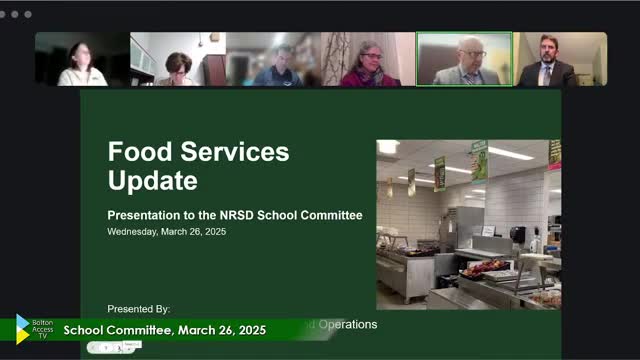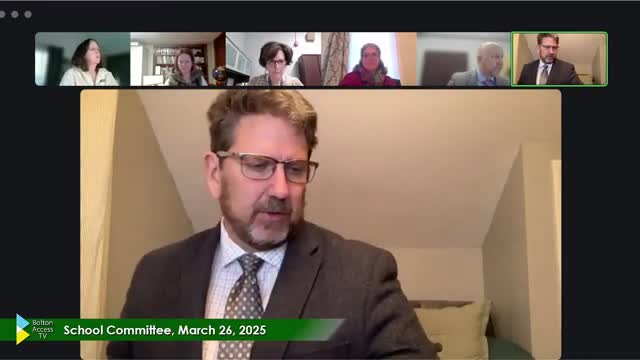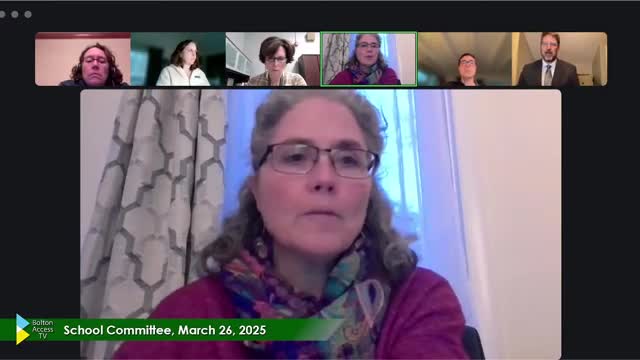Article not found
This article is no longer available. But don't worry—we've gathered other articles that discuss the same topic.

Nashoba contracts food‑service manager; administrators report more menu options, compostables and higher participation

Nashoba reports winter screening shows gains; K–3 early literacy screenings exceed state frequency

